Getting a US visa can be exciting—but what happens when your application goes into “US Visa Administrative Processing 2025” many applicants are noticing new patterns, digital case tracking, and updated processing timelines under the U.S. Department of State’s modernized systems.
This guide explains everything about the Administrative Processing (AP) stage: what it means, why it happens, how long it lasts, and what’s changing in 2025.
1️⃣ What Is US Visa Administrative Processing 2025?
Administrative Processing is a secondary security review conducted by U.S. embassies or consulates after your visa interview.
It usually means your case requires additional background checks or document verification before approval.
Common triggers include:
- Security or background name checks
- Verification of employer or education details
- Additional documentation requests (e.g., 221(g) form)
- Sensitive technology-related occupations (STEM fields)
2️⃣ Why It Happens: Common Reasons in 2025
In 2025, the U.S. State Department has expanded its data-sharing and inter-agency security protocols.
Some leading reasons for Administrative Processing delays include:
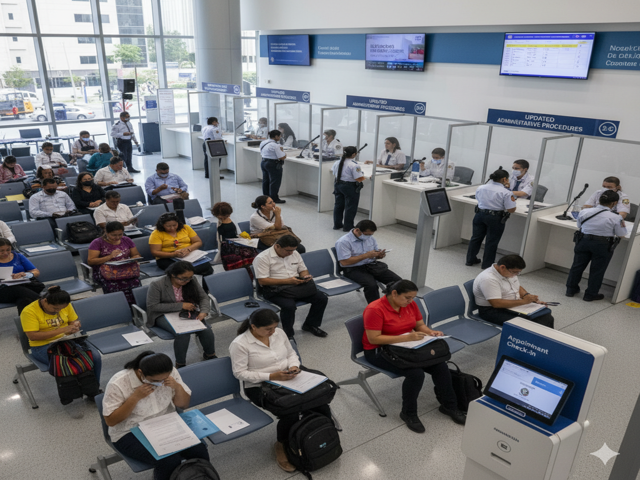
- Enhanced vetting for high-tech professionals
- Cross-agency database verification (FBI, DHS, CIA)
- Inconsistent information between DS-160, SEVIS, or employer letters
- Country-specific security clearance
3️⃣ New Digital Tracking Tools for 2025
One of the biggest updates in 2025 is the integration of real-time digital tracking for Administrative Processing cases.
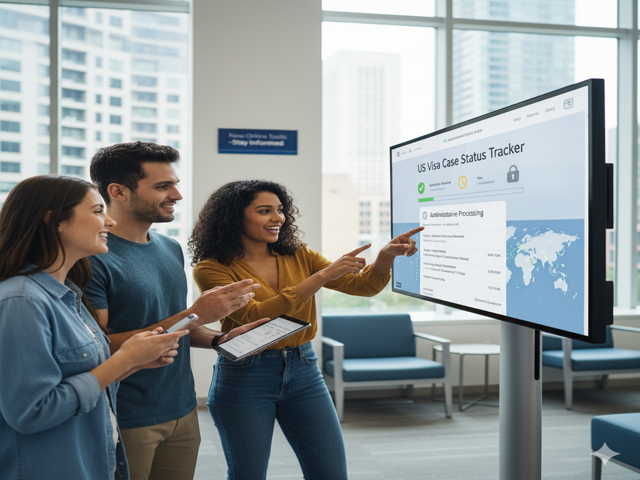
Applicants can now:
- Track their visa status online via CEAC portal
- Receive status updates by email
- Respond digitally to 221(g) document requests
Pro Tip: Always keep your DS-160 confirmation and case number handy to monitor changes in your CEAC status.
4️⃣ 2025 Processing Timelines (Average by Visa Type)
| Visa Type | Typical Processing Time (2025) |
|---|---|
| B1/B2 (Tourist/Business) | 2–8 weeks |
| F1/M1 (Student) | 3–6 weeks |
| H1B/L1 (Work Visa) | 6–12 weeks |
| J1 (Exchange) | 3–7 weeks |
| K1 (Fiancé Visa) | 6–10 weeks |
| Immigrant Visas | 8–20 weeks |
Note: Timelines vary depending on nationality, embassy workload, and case complexity.
live updates, check the US Embassy & Consulate Status Tracker
5️⃣ How to Respond to 221(g) Requests
If you receive a 221(g) letter, it means your case is on hold pending more information.
Here’s what to do:
- Read the letter carefully.
- Submit required documents (e.g., updated employer letters, transcripts).
- Reply promptly through the instructed method—email or physical drop-off.
- Avoid multiple follow-ups; each one resets your review queue.
6️⃣ Appeal & Reconsideration in US Visa Administrative Processing 2025
If your case remains stuck for months, you can now use the 2025 Consular Inquiry System, a digital platform for case escalation.
You may also:
- Contact your local U.S. Senator or Representative for inquiry.
- Use the Visa Status Inquiry Form on the U.S. embassy’s website.
- Request a case review after 180 days if no update is received.
7️⃣ Tips to Avoid Delays
- Double-check all DS-160 answers for accuracy.
- Use consistent information across forms and employer letters.
- Avoid submitting forged or unverifiable documents.
- Maintain a professional online presence (LinkedIn, company pages).
- Apply well ahead of your intended travel or program start date.
8️⃣ What’s Next for 2026
Looking ahead, the U.S. government plans to introduce:
- AI-driven case analysis to reduce manual backlog
- Unified visa applicant dashboard across embassies
- Faster inter-agency clearance pipelines
These upgrades aim to shorten AP timelines by 15–20% by the end of 2026.
Related Post: US ESTA Changes 2025: New Fees, Rules, and Eligibility
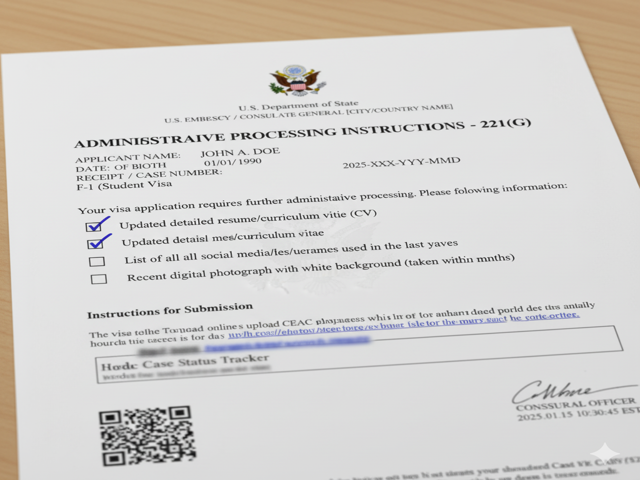
Agent Advise – US Visa Administrative Processing 2025
US Visa Administrative Processing 2025 remains a key part of the U.S. visa security system.
While delays can be stressful, digital improvements, better transparency, and new escalation tools are making the process smoother and more predictable.
By understanding how the system works—and preparing accordingly—you can navigate it confidently and increase your chances of timely visa approval.

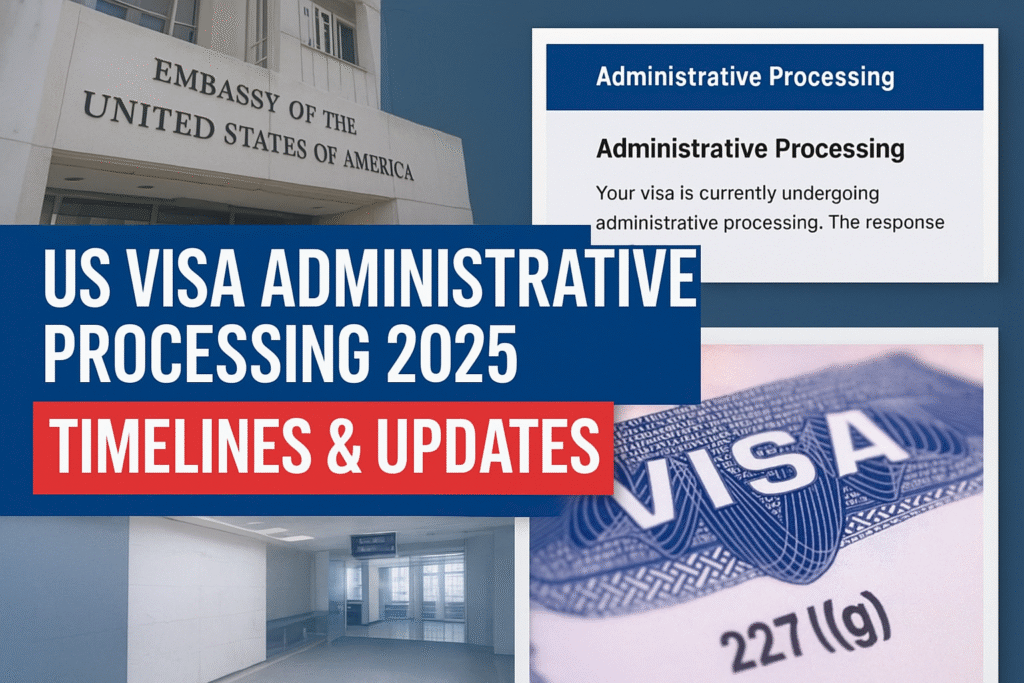
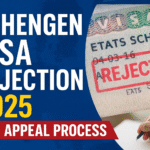
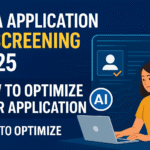
Pingback: US B1/B2 Visa 2025: Powerful Q&A & Key Updates